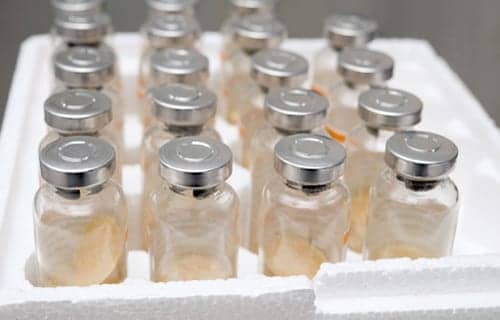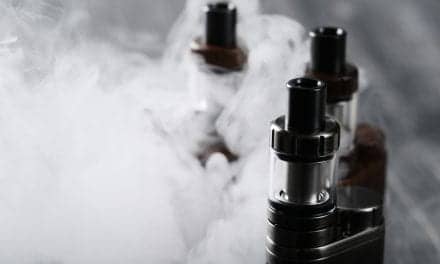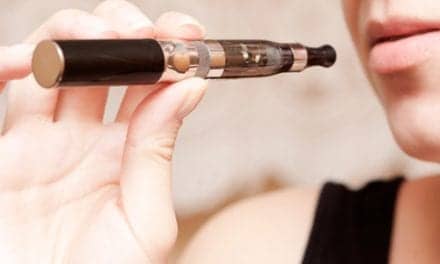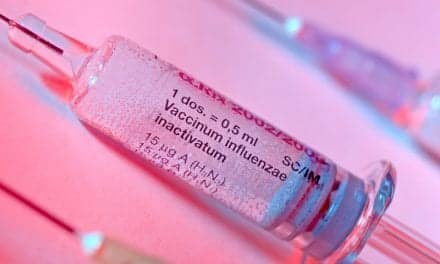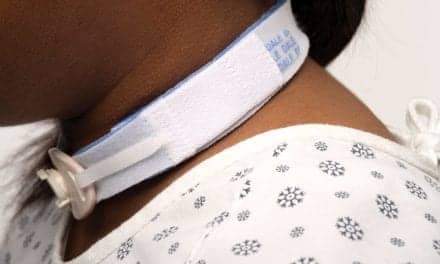Sanofi Pasteur has entered into an agreement with the US Department of Health and Human Services (HHS) to increase the company’s domestic pandemic flu vaccine production capabilities based in Swiftwater, Pa.
The contract is supported by federal funds from the Biomedical Advance Research and Development Authority (BARDA), part of the Office of the Assistant Secretary for Preparedness and Response at HHS.
“We are pleased to be taking this critical next step in our longstanding relationship with BARDA, which will enable us to significantly enhance flu vaccine supply under pandemic influenza scenarios,” said David Loew, Executive Vice President, Vaccines at Sanofi. “We are deeply committed to advancing influenza vaccine technology and manufacturing, and our public and private partnerships are an important part of these ongoing efforts to help protect people from influenza.”
“The question is not if, but when the next influenza pandemic will occur, carrying potentially devastating consequences for public health and the US. economy,” said BARDA Director Rick Bright, PhD. “As the recent presidential executive order on pandemic preparedness emphasized, technology to produce effective vaccines quickly and safely in the United States can improve access, protect more people sooner and, ultimately, strengthen national and global health security. Public-private partnerships, such as this one with Sanofi Pasteur, are essential in moving such technology forward.”
The contract will support the clinical development and manufacturing of an adjuvanted recombinant pandemic vaccine to help enhance US and global pandemic preparedness. This investigational pandemic vaccine will utilize the same recombinant technology as Sanofi’s Flublok Quadrivalent (influenza vaccine). In addition, the contract will expand the site’s role as a center of excellence for pandemic preparedness by adding both recombinant and adjuvant manufacturing alongside current egg-based manufacturing.
Flublok Quadrivalent is indicated for adults 18 years of age and older and proven in a randomized controlled trial to help prevent 30 to 43 percent more cases of laboratory-confirmed influenza in people 50 years of age and older compared to a standard-dose quadrivalent inactivated influenza vaccine.

